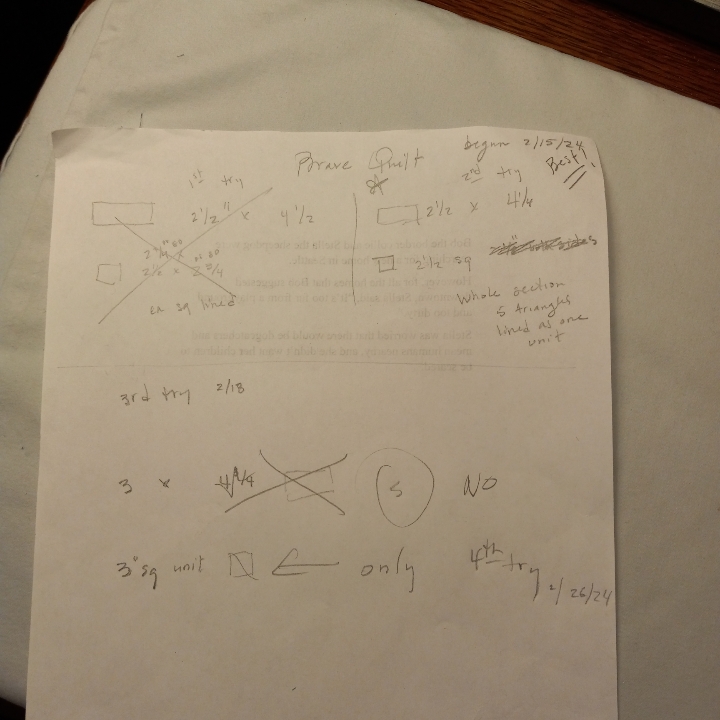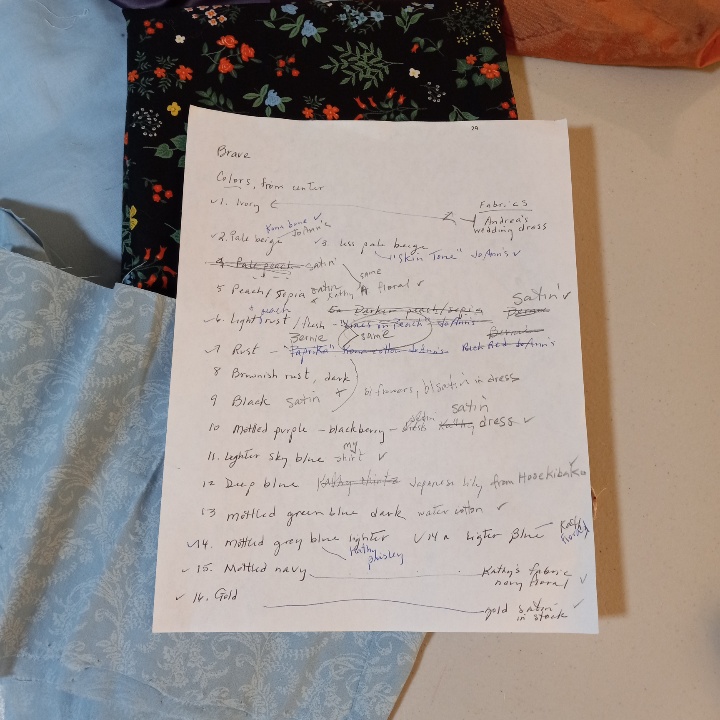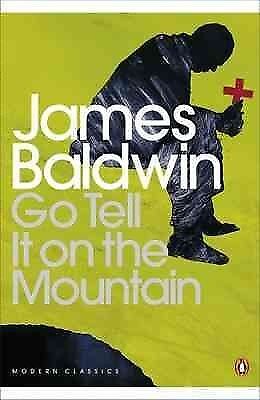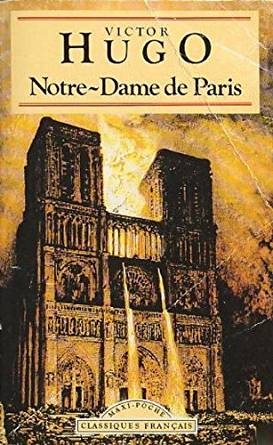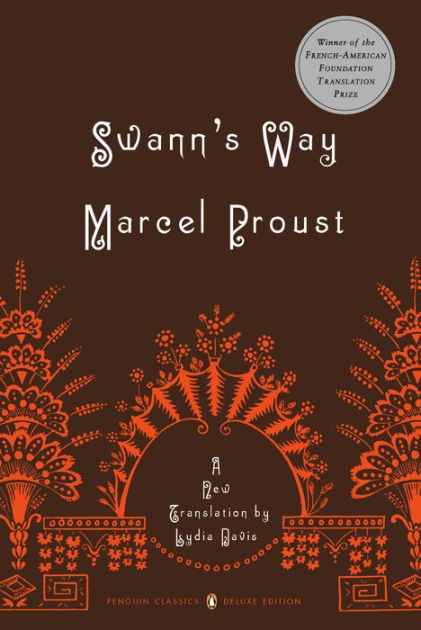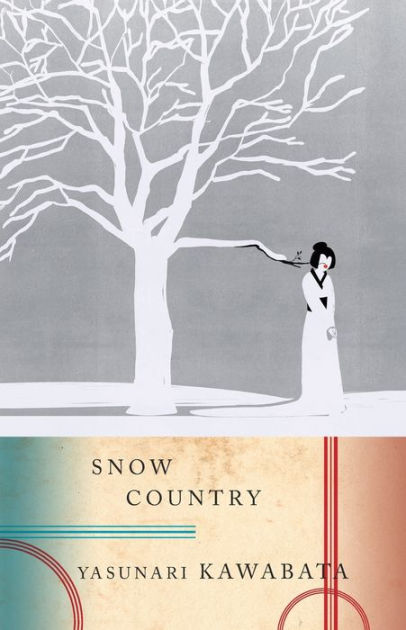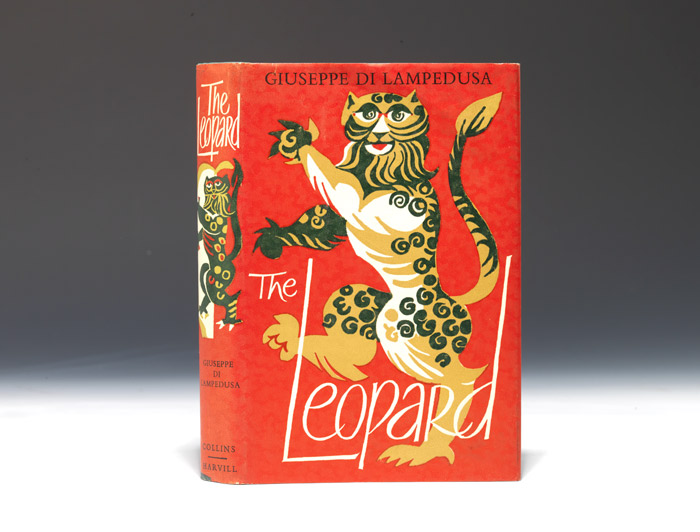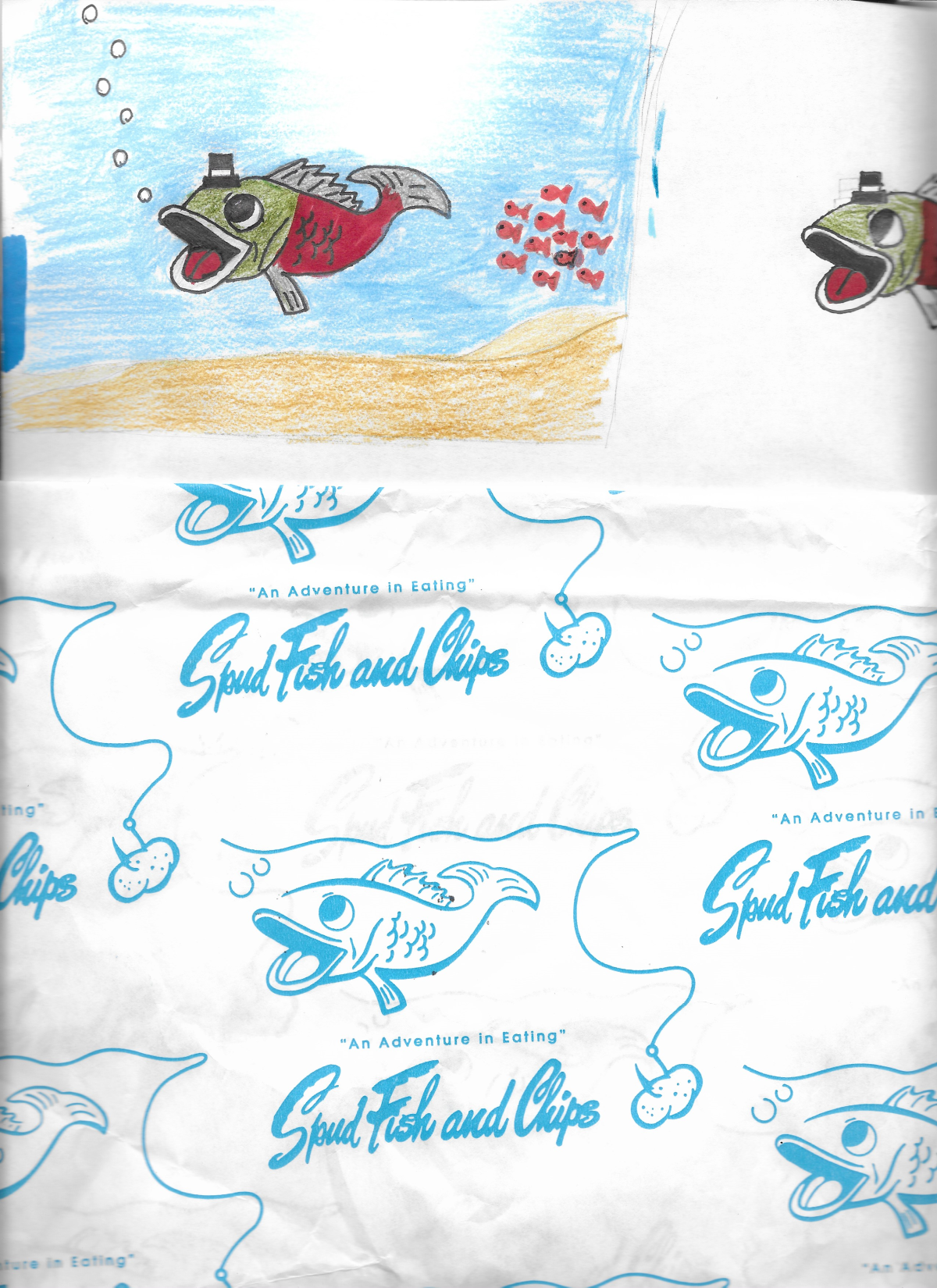
Trivia Quiz for July’s People by Nadine Gordimer (1981): winner of the Nobel Prize
For West Seattle Classic Novels (and Movies) book club, 4/14/24
With answers below
Gordimer’s stark economy of style plunges readers directly into the action and keeps us there. Flashbacks and random radio news leave us wondering what is happening.
1. When? The novel is set in what period? Choose one.
a. During the Boer Wars (1880–1902), when Dutch and British settlers, in alliance with various Black African groups in the region, struggled for dominance over South Africa.
b. During World War I (1914-1918), when South Africans joined forces to expel German troops, and gained control of the former German colony now known as Namibia.
c. In the 1970s and 1980s, when internal guerrilla activity exploded in opposition to the apartheid policy of the ruling government.
d. In 1994, after South Africa’s first post-apartheid national elections and the adoption of a new constitution.
2. Who is July? And who are July’s people? Choose one.
a. July is a little girl accidentally left behind when her family flees their home; she is rescued by a Black family who become her “people.”
b. July is a “decently-paid and contented male servant” who invites his former master and his family to take shelter in his village during the violence.
c. July is a trans person and drag performer struggling with acceptance during the AIDS epidemic, and her “people” are you the audience.
3. Where? Where does the action take place? Choose one.
a. All over the African continent, from Tangiers and Casablanca, to Cairo and Pretoria.
b. Within the landlocked state of Lesotho, which is surrounded by South Africa.
c. Somewhere in South Africa, which is bordered by the South Atlantic and Indian Oceans to the South, to the North by the neighboring countries of Namibia, Botswana, and Zimbabwe, and to the East and Northeast by Mozambique and Eswatini.
d. In Johannesburg, London, and finally in Swansea, Wales, as the family flees their African home and finds shelter with relatives in Great Britain.
4. The “master.” Which one of the following describes Bamford Smales? Choose one.
a. Trained as an architect, he is a suburban home-owner with left-leaning liberal beliefs, who also owns a gun and a truck—which become his most prized possessions.
b. He is described as “upright, decent, and generous,” a leader of civil rights activism, and has many friends, especially among the Black shopkeepers who live near his home.
c. Although he is a husband and father of three, he is also a voyeur who spies on people for fun.
5. The “mistress.” What describes the profile of Maureen Smales? Choose one.
a. She is the daughter of Eugène Ney Terre’Blanche, an Afrikaner nationalist who founded and led the Afrikaner Resistance Movement, a white supremacist group.
b. Daughter of a shift-boss in a gold mine, she was born into wealth and privilege, and owns DeBeers shares inherited from her maternal grandfather.
c. Although her father, “Boss Harper,” ran his ranch with strict discipline, she was allowed to roam the land freely and was home-schooled by tutors from Johannesburg.
6. The other mistresses. Choose the one quote which does not come from July’s People.
a. “The sun rises, the moon sets; the money must come, the man must go. His wife had the power of a whingeing obstinacy, shying away and insisting.”
b. The singing of one woman is described as: “something pure, resonant, airy, winged… cascades of scales which would have defeated a nightingale.”
c. “They have money, let them go to their relatives, to other white people, if they’re in trouble: the old woman talked as the little party went through the bush.”
d. “When she was not actively working she was very old and still; she leaned with a twig in her hand and blew a faint glow in the grey as if it were her own life she were keeping just alight.”
7. The village and the bush: sensual highlights. Choose one that is not from Gordimer.
a. “The vegetation fingered and touched; there were minute ticks that waited a whole season for the passing of an animal or human host.”
b. “The sun brought the steamy smell of urine-wet cloth from the bundles of baby on the mothers’ backs.”
c. “The mists of the night left a vivid freshness that dispels the sickly ammoniacal odour of fowl droppings, the fetid cloying of old thatch, the stinks of rotting garbage.”
d. The Smales family hut is surrounded by “a range of gaunt thorns all stretching their limbs one way, as if craving alms of the sun.”
e. “Red and yellow weaver-birds … mass in shrill joy and flower briefly at the tips of tall grasses too slender for support.”
8. Confusing sights. Many images create anxiety. Which is not in July’s People?
a. “Like clouds, the savannah bush formed and re-formed under the changes of light, moved or gave the impression of being moved past by the travelling eye; silent and ashy green as mould.”
b. “The light from the fires flickered and merged with great amorphous shadows, a dog could be seen going by, looking like a man, or a man, looking like a dog.”
c. “In their houses, there was nothing. At first. You had to stay in the dark of the hut a long while to make out what was on the walls.”
9. Wisdom gained? Which words are not from Gordimer’s novel? Choose one.
a. “We are old… very old. For more than twenty-five centuries we’ve been bearing the weight of a superb and heterogeneous civilization, all from outside, none made by ourselves.”
b. “In various and different circumstances certain objects and individuals are going to turn out to be vital. The wager of survival cannot, by its nature, reveal which, in advance of events.”
c. “It was a miracle: and one ought to have known, from the sufferings of saints, that miracles are horror.”
d. “To be seen is not necessarily to be acknowledged … Everyone was everyone else’s witness, and this bred its own discretion.”
10. Give and Take? What, if anything, does the Smales family contribute to the village? Choose one.
a. Bam Smales rigs up a water-tank that had never been installed, so it collects rain water.
b. Maureen Smales makes friends with the young women and teaches them ballet.
c. Gina Smales becomes friends with a girl named Kyoto; they play chess together.
d. Royce and Victor build a bomb shelter out of mud, sticks, and plastic twine from a bag of oranges.
Answers
1. c.
2. b.
3. c.
4. a.
5. b.
6. b. (That quote, describing La Esmeralda, is from Victor Hugo’s Notre-Dame de Paris.)
7. d. (That quote is from Emily Brontë, Wuthering Heights.)
8. b. (That quote, describing the “court of miracles,” is from Hugo, Notre-Dame.)
9. a. (That quote describes the Sicilian people, according to Tomasi di Lampedusa, The Leopard.)
10. a.












